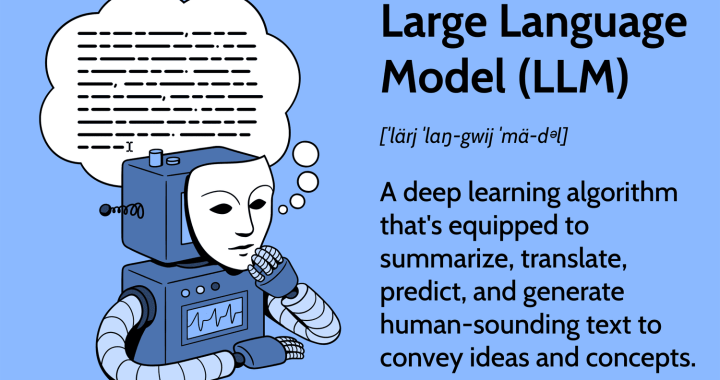A story is a story, but a narrative is the story plus how you tell it.
Genette’s essay titled Narrative Discourse inspires all sorts of thoughts. Mostly, he has me thinking about time. He analyses mood and voice too, but what really makes me shiver is time. For example, a narrator can narrate past events, or present events, we know*. A more nuanced analysis, however, reveals that a narrated past event can itself deliver information of progressing past events, of actually further past events, or of anticipated (therefore not yet realized) ones. My apologies for the really rough sketch of Genette’s argument here. (Please read the book for reference.)

I feel like if I explained the theory in a simple way, then I would do the theory an injustice. Moreover, imagine the opposite of telling it easy, I might detail it in a convoluted way, and then appear as if I didn’t understand it at all. What to do. Just roll the dice, I guess, or tell it in a story. (I’m playing with “mood” btw, trying to share my thoughts on my thoughts as I think them, giving this post the feeling of a narrator doubting himself, to better serve the narrative function of “he will, and with him we will too, get it by the end.” Is the mood working?)
Alas, allow me to paint an example, off the top of my head of course; after all this is a blog. Let’s imagine, then, I am your narrator, and I confess that it is a weekday morning and I am in my room reminded of a story.
Dawn peaks in the east, past my bedroom window, which reminds me, yesterday, the bus arrived at 6:45 AM. It had come one minute earlier than usual. So that when I reached the stop at 6:46 AM, I would see the doors close just at my nose — because of course I was gunning for it the whole block. Thus I waited for the next bus, in the cold, in the rain, a whole ten minutes . . . Ah, the sun has come up, time to get dressed for work again.
Ignore the tragedy of being one minute late, and watching bus doors close in your face, in the cold, in the rain. Focus, instead, on how the narrative establishes the “present tense” in the opening clause, using lovely dawn as its indicator.
Next, the “story” begins with “yesterday, the bus arrived at 6:45 AM.” The following sentence, though, reaches even further back, to a “past of pasts,” since in past-perfect it explains a “usual” state of affairs–when we learn that the train of “yesterday” was early, we are actually learning that in older yesterdays the bus had been arriving at 6:44. Next, there is the “reaching of the stop,” a singular simple-past moment, followed by the “would” clause, giving this narrative scene the feeling of anticipating the subsequent 6:46-moment of the doors closing — then the doors close — but, narrated after that, is the clause about an event preceding the doors: the running.
The last clause, as it is, stands for the elliptical conclusion of the storytelling, and a return to the present narrative tense.
Ebooks vs Book Books
Hmm, that said! What is really on my mind is this topic. And, why not, because this is such a twisted subject, and in reality I am gung-ho for all mediums of literary expression, the narrative will be as twisted and convoluted, yet “crafted,” as the debate. For a moment, just imagine — irony in me writes — a future where authors and industry and readers click a box that says, “Sure, hook your word processor to the micro chip in my brain to display a tale well told as its is being told**. What a gas. Returning to the real world, here is the narrative, to express some idea.
The man with the bags
There was once a man who carried with him to work a backpack full of paperwork, a backpack full of books, and a plastic grocery bag for his lunch. Wrapping his sandwich in a paper towel every early morning, before the sun even left the horizon, he would look at his three bags and wonder, Is there an easier way? Getting to work alone wore his shoulders down.
Because this man lived to a ripe old age, before the first half of our current century would conclude, he saw the 20th century close with the option to transfer his entire backpack full of paperwork onto a thin sexy slim laptop.
Essentially, and practically too, he began leaving one of his two backpacks at home, left to a hail of invincible dust that appeared and dominated his bedroom — if wiped, it would return, the same dust, the same dead skin and hair particles, over his old paperwork backpack abandoned. This dust, I’d say, represents the ripe old man pretty well.
His move from papers to laptop was a move of convenience. But it came at a cost. Certainly, riding the train to work, the man would find the shoulder condemned to hold his books aching every quarter hour, and himself needing to alternate the shoulder that held the responsibility of holding the book bag. Whereas before two shoulders each carried roughly equal weights, now the balance was off. So he switched, and switched. He worked at a book store, by the way, reviewing and stocking inventory. Hence the paper and books and sandwich.
“Arg!” cried his co-workers, as nosy as anyone, still crying to this day about their friend. “Buy an ebook already!”
(Relevant interlude music with relevant title.)
“I won’t use an ebook,” said our ripe old man. “Just like I won’t use e-mail.” He used to say e-mail as if it were two words.
Sometimes all at once, sometimes one at a time, his co-workers would roll their eyes. Once, the managers even chipped in to buy their star reviewer an ereader, because he really did do a good job of reading prolifically, believing that he would read even faster and more efficiently, if only he would have read electronically.
But that ereader collected dust, and still collects dust to this day, next to his paperwork backpack, that was replaced by a laptop.
That’s because, low and behold, one day our ripe old man, standing at the platform of his least favorite train station, swaying back and forth, so engrossed into the narrative theory book in his hands as to not feel his left leg slip over the yellow line warning him of oncoming trains, but not captivated enough by the text to keep from having the following epiphany — All in all I prefer paperbacks because I like opening and closing things with my two hands, and the book will never die*** — which too would be his last: everything crushed but the paper.
*Sometimes prophetic events, notes Genette, recalling biblical and astrological stories, are narratives that narrate the future.
**Or future musings.
***Like our ripe old man does here.




